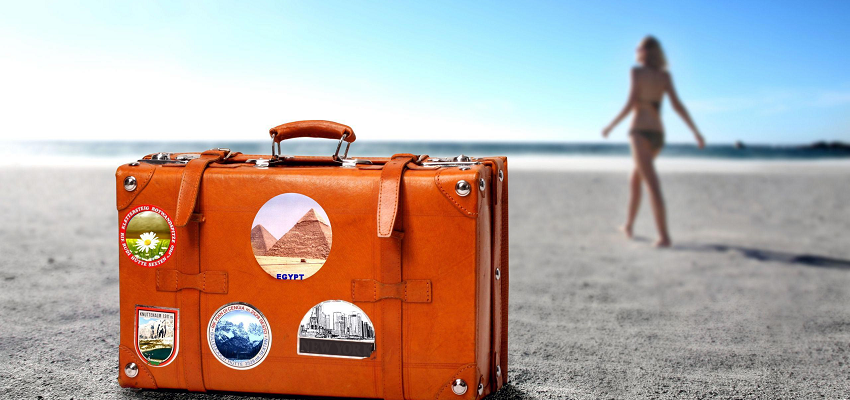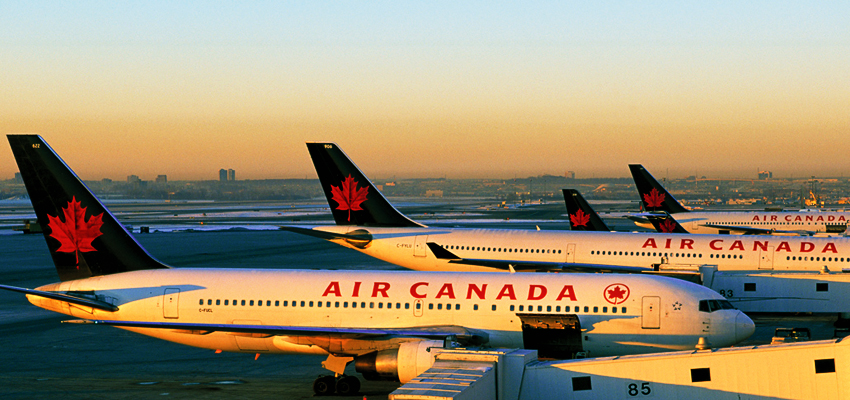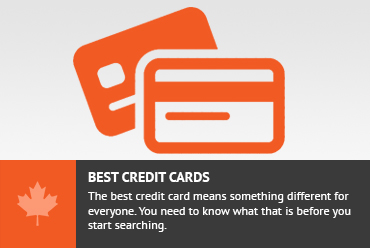Travel insurance is a necessary evil, but not all kinds of travel insurance are created equal, nor is the claims process a walk in the park. Trust me – I know, from experience. Here’s all the information you need to cover yourself properly with travel insurance (including special tips for long-term travellers), and to ensure your claim goes through properly.
Reader Question:
Dear Nora: Insurance is such a pain, and I’ve heard so many horror stories about not getting money from them in the end. Should I even bother with travel insurance? – Marcus
Yes Marcus, you should bother. Personal experience has dictated that travel insurance is indeed a good investment, despite the pitfalls and claims annoyances.
Travel Insurance Basics
Travel insurance incorporates three components, which can often be purchased separately. Some are more valuable than others.
Trip/Flight Cancellation
Trip/flight cancellation insurance provides a full or partial refund of non-refundable travel costs if you need to cancel (or cut short) your trip because of a personal or family medical emergency. In some cases if your flight is unduly delayed, you’ll also receive a refund of non-refundable expenses (like hotels and tours) that you miss out on due to the delayed flight.
Although some comprehensive travel insurance policies incorporate trip/flight cancellation into their plans, this is also often offered by airlines and travel agencies as a standalone form of insurance when you book your flight. (The comprehensive plan option is preferable). It’s relatively cheap, but not always the easiest to claim for. If you’re taking an expensive long-haul trip, it may be worthwhile.
When my partner (at the time) was in a Thai hospital with dengue fever, we had to cancel and rebook our train tickets through Asia, which was refunded by the trip cancellation portion of the travel insurance policy we had at the time.
Baggage Loss/Theft
Baggage loss/theft insurance covers your stuff on the road if it’s lost, damaged, or stolen. It’s rife with ambiguities, cryptic item valuation formulas, and exclusions. Making a claim with this form of travel insurance can be murder (later we’ll discuss how to increase your chances of getting money for lost/stolen bags).
What’s the best way to ensure your bags aren’t lost (by the airline, for example) or stolen? Travel light, so your bags are easy to keep track of! (See also: How to Travel Ultralight With Carry-On Luggage).
Emergency Medical Insurance
Emergency medical travel insurance is the meat and bones of a travel insurance policy, and the most important (and expensive) component. If you have an accident or get sick on the road, your medical expenses are covered.
Pre-existing conditions (such as an illness you had symptoms of prior to your trip) often aren’t covered, as well as accidents resulting from certain activities such as hazardous sports or traveling through war zones, so read your policy carefully to ensure it suits your needs. Terms and conditions (and exclusions) vary widely.
When my partner was in the Thai hospital, our travel insurance policy directly paid his hospital bill, and reimbursed us for the preliminary consultations and medications.
Annual Policies vs Trip Policies
If you’re taking a vacation with a specific time frame, you can get a trip-specific policy that covers you for just that time period. Your cost will depend on where you’re going and for how long, and in some cases what you plan to do on the trip. (When I used to skydive, I purchased trip-specific policies that covered hazardous sports).
If your trip is open-ended or if you travel frequently throughout the year, you’ll want an annual travel insurance policy. Some annual policies specify the number of total travel days you can have, and/or the duration of each trip. If you’re planning on long-term travel, you might want international health insurance instead (more on this later).
Travel Insurance You Already Have With Your Credit Card
Many credit cards automatically offer flight cancellation, baggage loss/theft, and even car rental insurance if you charge those expenses to the card. Note that emergency medical insurance is not generally offered – you’ll have to purchase this separately.
Find out what insurance you have and the contact information for the credit card-affiliated insurance company in the terms and conditions booklet that comes with your credit card (or online if you don’t have the booklet any more). If you can’t find either, call the credit card company directly and ask for the number of the insurance company they use. You will want to call the insurer to find out exactly what coverage you have before it becomes an issue.
(See also: Tips for Travelling With Credit Cards)
Travel Insurance With Your Credit Card
For flight cancellation and baggage loss/theft insurance, the fine print in your manual might not be comprehensive enough. Call the insurer your credit card uses and ask the following questions:
- What kinds of travel insurance do you provide?
- What do I need to do to qualify for coverage? (eg: pay for the trip in full with the card)
- Does it cover people traveling with me?
- What are the limitations and exceptions?
- What is the maximum amount of coverage?
- What is the maximum length of trip covered?
- For a medical emergency, are pre-existing medical conditions covered?
- Does my age affect coverage?
- What do I do in the event of a claim, and what will I need to provide?
Car Rental Insurance With Your Credit Card
Here are some questions to ask the insurer, so you can confidently decline the car rental insurance at the counter (which can unnecessarily double your total rental costs):
- What countries am I covered in?
- What is the maximum rental period covered?
- What kind of vehicles are covered, and what is the maximum value?
- What types of coverage are offered? (collision/loss/damage, personal accident, third party liability)
- What is the deductible?
- Who is insured to drive? (sometimes only the cardholder is covered)
- Are there age restrictions?
- Are there any types of roads that I can’t drive on?
- What do I do in the event of a claim?
Making a Successful Travel Insurance Claim
I’ve had a few travel insurance claim experiences, and none of them have been particularly easy or enjoyable. But it hasn’t tainted my desire for insurance, since I’ve saved thousands of dollars with those claims; you never know what accident or illness might hit you on the road that could bankrupt you if you’re not careful. A travel colleague of mine recently slipped on some stairs in a remote area of Peru and broke his back; he had to be medically evacuated back to Canada – at great expense – and hospitalized long-term. Without insurance, this would have been financially devastating.
Here’s how to make your travel insurance claim successful:
Read Your Policy
A successful travel insurance claim starts before you leave home – by reading your policy thoroughly. Yes, it can be a soul-destroying task, but invaluable if something goes wrong on the road. You’ll also need to reference your policy throughout the claims process; I’ve had to refer insurance agents to their own policy wording in order to get the coverage I was entitled to.
Travel With Your Policy
Store your full travel insurance policy electronically on a USB stick and/or your computer and/or in the cloud so you can access it anywhere. Also keep the basics (insurance company, policy type and number, and contact information) with you at all times in your wallet, and give copies to travel companions as well. You never know when disaster will strike, and you will need this information immediately.
It’s also prudent to leave copy of the policy with a family member back home so they can advocate for you if necessary.
Take Pictures of Your Stuff and Keep Receipts
Some baggage loss/theft policies require you to prove ownership of the items you’re claiming for. Take pictures of your stuff, and keep receipts for high-value items to make the claims process easier.
When Something Happens, Call the Insurance Company First
Before seeking medical attention if possible, call your insurance company. In some cases they could deny coverage if you don’t use one of their pre-approved medical providers; in other cases calling them first will pave the way to you receiving the care you need (and them paying directly for it).
Take Notes
Note all your phone calls to the insurance company, including who you spoke to and what you discussed. You may need to refer to these later when advocating your claim.
Keep All Receipts and Medical Reports
You often have to submit original receipts when making a travel insurance claim. Make copies of these receipts for yourself, in case the originals are lost in transit or you need to refer to them in the claims process.
For my partner’s Thai hospital experience, we submitted a stack of receipts which I collated; when the insurance company messed up the claim, I had to get on the phone with them and refer to specific receipts, which was easier since I had the copies in front of me.
Double-Check Reimbursements
Expect the insurance company to fight your claim, and make mistakes or omit expenses. For our Thai claim, the travel insurance company made significant mistakes on some currency conversions, and omitted reimbursements on other expenses altogether. I had to call them to rectify these errors.
Escalate Your Claim
I was flabbergasted when some insurance agents refused to correct their own blatant errors. Thus, I escalated (repeatedly), asking for managers (and managers’ managers) until I reached somebody who understood the problem and had the power to fix it.
Notes for Long-Term Travellers
Once you’ve been out of Canada for a certain amount of time (depending on the province), your provincial coverage will lapse, and then you technically don’t qualify for standard travel insurance, which usually hinges on you having basic coverage at home. In some cases you can apply to your provincial plan to be away for an extended period to prevent your provincial coverage from lapsing.
(For specific details and terms of provincial coverage, click here)
If your trip is open-ended such that your provincial coverage will lapse, you might want to consider international health insurance (also known as expat insurance) instead. This provides full medical coverage around the world (sometimes with exclusions depending on the policy). I’ve used this kind of coverage for the last six years.
(For specific information about international health insurance including a comprehensive glossary of insurance terms and how to structure your policy, see Expat Insurance: Travel Insurance for Long-Term and Full-Time Travellers)
Where to Get Travel Insurance
When I started travelling (and still had provincial coverage), I used World Nomads, which is cost-effective, comprehensive, and allows you to apply and renew from abroad – which isn’t always possible.
It’s also wise to get quotes from a few travel insurance companies and compare policies – especially if you have pre-existing conditions or specific needs. To do this, use an insurance broker who can shop the market for you and help you apply for your policy. They are paid by the insurance companies, so it doesn’t directly cost you to use their services. I have used Canadian insurance broker Ingle International for this and been pleased with their service.
The same applies to international health insurance. Through a broker, I found IMG Global, with whom I currently have travel insurance, and I’m relatively pleased with their rates and policy structure.
For more information on travel insurance and managing your finances on the road, check out these Credit Walk Posts:
Dear Nora: How to Manage Finances While Travelling Long-Term
Dear Nora: Checklist of 20 Things to Do Before You Travel Long-Term
Dear Nora, travel insurance










One comment on “Dear Nora: The Ultimate Travel Insurance Guide for Canadians”